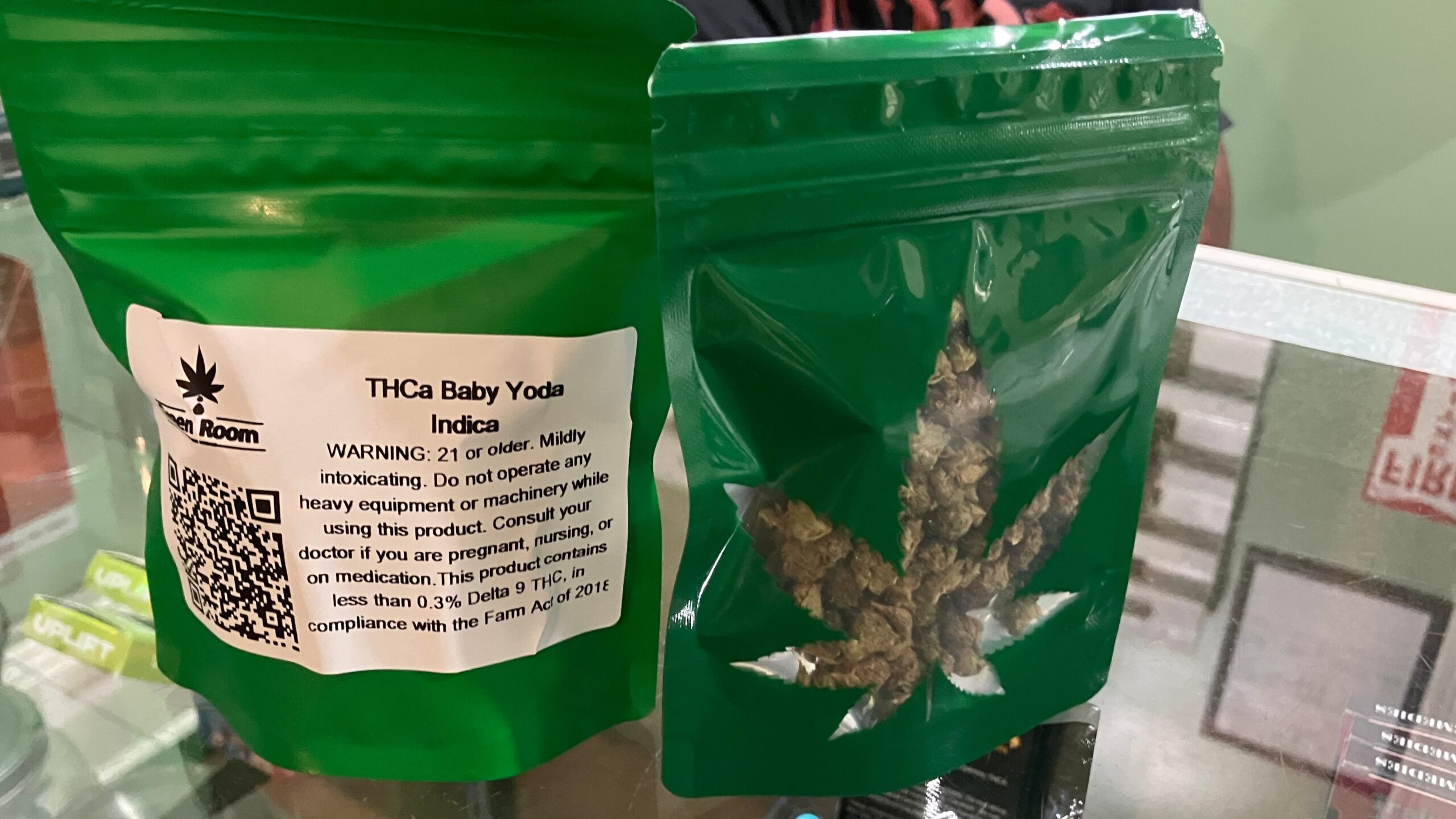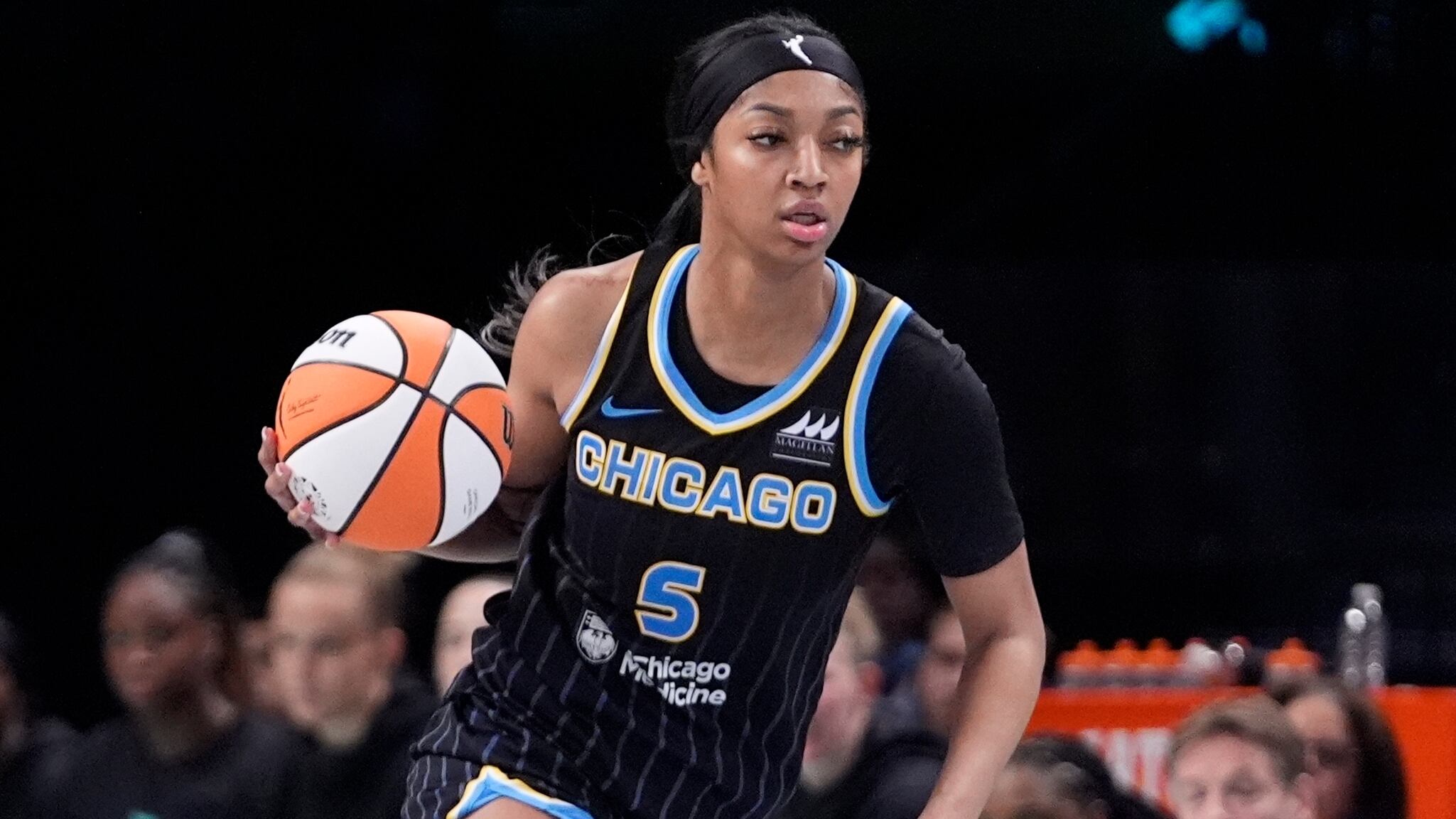On Monday, Montgomery County Circuit Judge James Anderson rejected four corporations’ request for an order to prohibit a portion of Alabama’s new hemp-related statute.
Following a hearing on Monday afternoon, during which the firms’ attorneys explained to the judge why they thought a temporary restraining order was necessary, Anderson issued the decision.
Attorney General Steve Marshall’s attorneys argued against the move.
All smokable hemp products are prohibited from being sold or owned under the new law, HB445. Class C felonies carry a sentence of one to ten years in jail. The law’s provisions went into force on Tuesday.
Mellow Fellow Fun LLC, Tasty Haze LLC, The Humble Hemp Shack LLC, and Seedless Green LLC asserted that federal law preempts the prohibition on smokable hemp.
2018 saw the passage of a federal agriculture law that separated hemp from marijuana and allowed its cultivation and processing as long as the THC content was 0.3% or below.
The plaintiffs argued that interstate trade is hampered by Alabama’s prohibition on smokable hemp.
After hearing the arguments, Anderson disagreed and rejected the application for a preliminary injunction and temporary restraining order.
According to Anderson, the Court has determined that House Bill 445 does not, as a matter of law, restrict or forbid the interstate transportation of hemp goods.
In their lawsuit, which was filed on Friday, the corporations also allege that the new Alabama statute is ambiguous.
In addition to outlawing smokable hemp, it also outlaws synthetically produced THC-containing goods like candy and beverages.
The Alabama Department of Agriculture and Industries grants permits to businesses to cultivate and process hemp, according to the companies’ attorneys.
What to know about the new law
Other provisions of HB445 take effect in January, but the prohibition on two types of hemp products—smokable and those containing synthetic THC—takes effect on Tuesday.
There will be limitations on product testing, contents, serving sizes, labeling, and packaging enforced by the Alabama Alcoholic Beverage Control Board.
With the exception of food stores, the board will only license retailers who are 21 years of age or older to sell THC-containing beverages.
Gummies must be individually packaged and sold in cartons containing no more than 40 milligrams, or four gummies, according to the new regulation.
Many of the new measures were endorsed by the firms that filed the lawsuit.
Following public hearings that attracted large crowds and consideration of multiple other legislation pertaining to THC products, the Legislature enacted HB445 in May.
The legislation’s proponents, Sen. Tim Melson, R-Florence, and Rep. Andy Whitt, R-Harvest, stated that rules were required for the easily accessible candies, edibles, beverages, and smokables, particularly those that included significant amounts of THC, the primary psychoactive component of marijuana.
Although they did not object to the regulations, hemp shop owners and other industry participants claimed that HB445 was an overreach that would force many of them out of business and deny their adult clientele access to products they claim are safer than alcohol and tobacco.
State and municipal law enforcement officers executed search warrants on hemp stores in five locations in Alabama this week, seizing smokable hemp products that, according to officials, had more THC than the 0.3% limit.
Due to the THC levels, Attorney General Steve Marshall demonstrated that tests revealed the products were marijuana rather than hemp.
According to officials, the raids were motivated by Alabama’s long-standing legislation prohibiting the sale and possession of marijuana rather than HB445.






